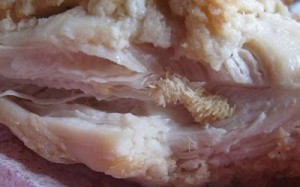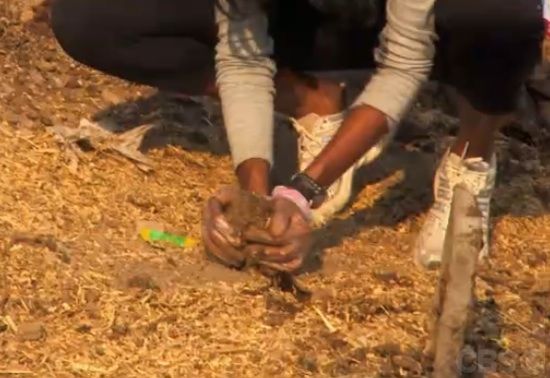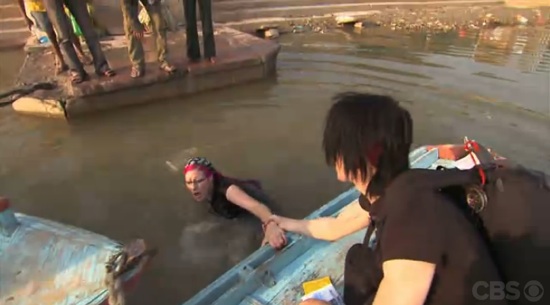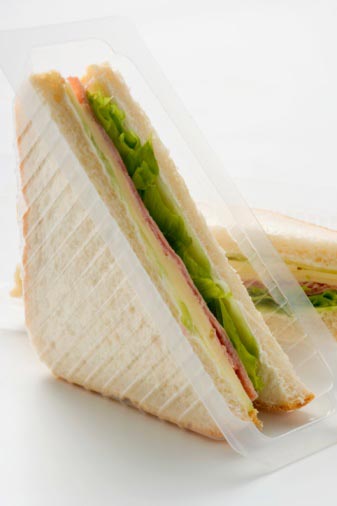My friend Bobby Krishna (right, pretty much as shown), senior food studies officer in the food control department of Dubai Municipality, is making inroads in india.
The Hindu reports the Kerala State Food Safety wing is looking to the Dubai Municipality food control department to help it develop food safety manuals and food inspection checklists so that the food safety initiatives here can be made more scientific and standardized.
A formal collaboration with the Dubai municipality for initiatives in improving food safety is also being contemplated, said Biju Prabhakar, commissioner of food safety, adding, “We thought of seeking the assistance of Dubai Municipality Food Control Department because  even though their food safety initiative is fairly nascent, it is fully backed by science, is well-streamlined and has found considerable acceptance in the food industry too.”
even though their food safety initiative is fairly nascent, it is fully backed by science, is well-streamlined and has found considerable acceptance in the food industry too.”
Krishna told The Hindu here on Saturday that food safety was a global concern and had to be approached in a larger perspective, as a crucial component of public health, and a vital element of economy, especially with Kerala exploring its tourism potential in a big way.
“Just as it happened in Kerala, in Dubai too, the food safety drive gained momentum in 2009 following the death of two young children, reportedly due to food poisoning. It gave us the impetus to drive hard — the licensing process, grading of food businesses, hygiene and safety standards, classification of food items, and the shelf life of each… everything was fully backed by evidence. We also invested quite a lot on educating those in the business about the basics of food safety, like hygienic food handling and preventing cross-contamination etc,” Mr. Krishna said.
The first step in having a streamlined food safety management system is in getting everyone in the food business to take licences/registrations. There has to be a grading system for hotels/ eateries so that each works within its scope.
“You need to develop a good food safety team, which includes food safety experts, risk assessors, including biochemistry and microbiology experts, epidemiologists, all backed with international food safety resources. Food inspectors have to undergo rigorous training and follow standard procedure,” he said.
As for street vendors, he suggested that the government create ‘safe zones’ in various parts of the city where all safe processes and infrastructure for producing safe food could be provided by the government. Vendors could be given subsidy for utilising these resources.
The recent initiative of the Dubai municipality, called the Person-in-Charge (PIC) programme — an initiative that Kerala could emulate — was expected to make Dubai attain world-class standards in food safety.
 chicken apart to feed their toddler when they spotted scores of wriggly worms inside the meat. We were sceptical at first about finding live worms inside chicken which had been fried. But it turned out to be true,” a senior food safety official said.
chicken apart to feed their toddler when they spotted scores of wriggly worms inside the meat. We were sceptical at first about finding live worms inside chicken which had been fried. But it turned out to be true,” a senior food safety official said.

.jpg) of moving here.
of moving here.
 had to escape the Food Safety Summit in D.C. to catch up. He told me one of the industry types said everyone uses this stuff, which has helped propel the popularity of sushi eating.
had to escape the Food Safety Summit in D.C. to catch up. He told me one of the industry types said everyone uses this stuff, which has helped propel the popularity of sushi eating..jpg) told the owner of the bakery that they were officers from FDA and had been getting complaints from its customers about the inferior quality of products.
told the owner of the bakery that they were officers from FDA and had been getting complaints from its customers about the inferior quality of products. a resident captured the rather disgusting act on camera from a nearby balcony.
a resident captured the rather disgusting act on camera from a nearby balcony. manure and then slap them on the wall to dry in the sun. Finally, teams loaded a stove with fuel patties and lit a fire to boil milk for the local children.
manure and then slap them on the wall to dry in the sun. Finally, teams loaded a stove with fuel patties and lit a fire to boil milk for the local children.
 That’s what
That’s what